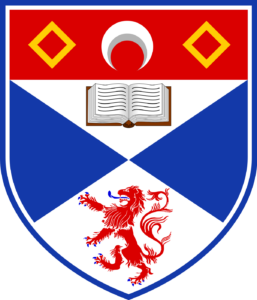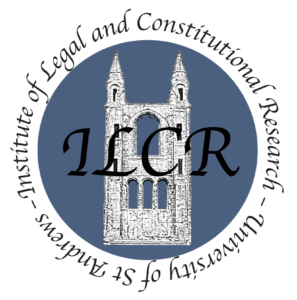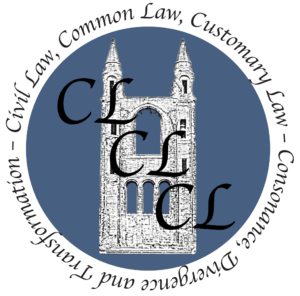Dispossession Project
Law and Litigation concerning dispossession c. 1050-1250: a comparative study
Downloadable Material and Guide for Teaching Purposes
We have combined the ‘details and glossary’ material which accompanies each podcast, together with further illustrative texts, into a single downloadable document, which also contains a guide for teaching purposes.
You can download the single combined document here.
Episode 1: Dispossession Project – Introduction
Episode 2: Historiography
Episode 3: The Disputes
Episode 4: Bringing The Case
Episode 5: Deciding The Case
Episode 6: Conclusion
The aim of this project is to break down the tradition of examining legal development in different countries and systems in isolation, rather than comparatively. It is brought to you by members of the European Research Council project: ‘Civil Law, Common Law, Customary Law: Consonance, Divergence and Transformation in Western Europe from the late eleventh to the thirteenth centuries.’
We have chosen ‘litigation concerning dispossession’ as our subject for several reasons. Dispossession was, and remains, a phenomenon of great social concern. A study of the legal history of dispossession therefore helps us to understand how this recurring social problem has been addressed in the past. It also sheds light on the history and nature of elementary legal ideas – for example, what is the nature of possession – is it a fact or some sort of right? Can actions concerning dispossession be classified as criminal or civil? A study of dispossession therefore exposes the interplay of ideas, practice, and broader social context, which was crucial to the development of law in this period.
In these podcasts, we examine some of the main historiographical traditions on the subject. We then explore the situations that led to litigation, how cases were brought and then decided, and finally the wider conclusions that can be drawn from these explorations.
We hope the discussions will be of general interest, and helpful to anyone who is teaching or studying mediaeval law. We have chosen to use audio-recording as our main medium to enhance the sense that comparative legal history needs to proceed through conversation. Further, the whole series, individual episodes, or short extracts may be helpful for teaching purposes. We provide some written materials, to accompany individual recordings and the project as a whole.
The participants are: Professor Emanuele Conte (University of Roma Tre); Professor John Hudson and Drs Andrew Cecchinato, Will Eves, Matt McHaffie, Attilio Stella, and Sarah White (University of St Andrews).
Production and editing: John Hudson and Sarah White.
Our particular thanks: to Dr Ingrid Ivarsen (University of Cambridge) and Mollie Krent (University of Michigan Law School); to the other members of the ERC project, Dan Armstrong, David de Concilio, Cinnamon Ducasse, Cory Hitt, and Kim Thao Le; and to Phil Taylor for the opening and closing music.
For purposes of reference please cite as ‘Litigation concerning possession c. 1050-1250: a comparative study’ (University of St Andrews, 2021).

Funded by a European Research Council ‘Advanced Grant’ of €2,161,501. (Grant agreement number: 740611 CLCLCL).


